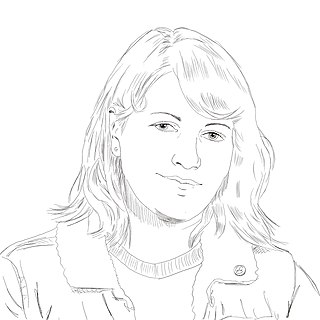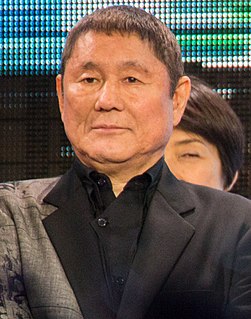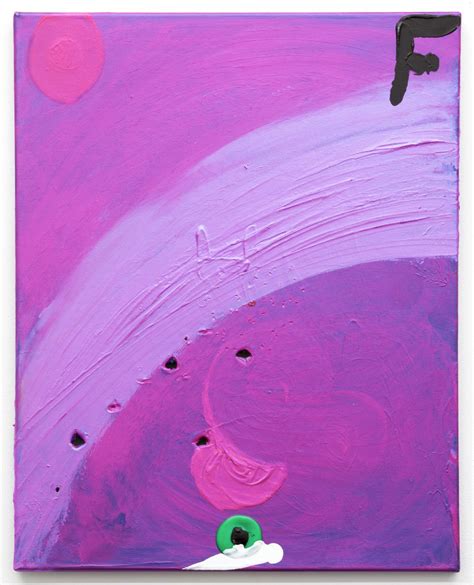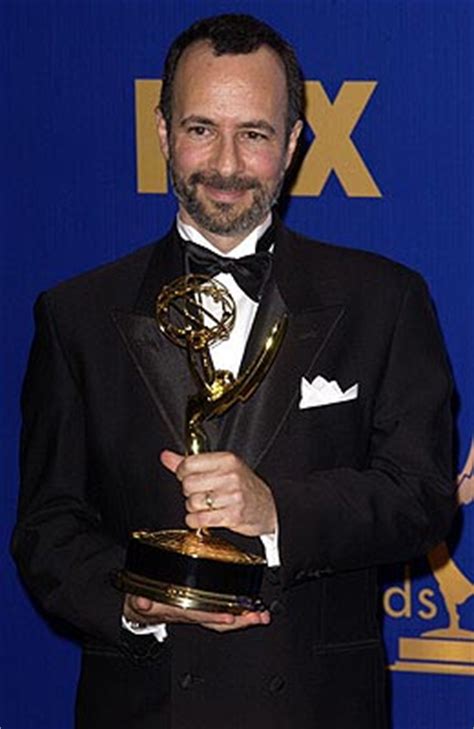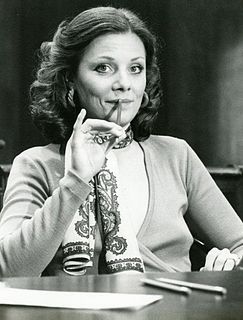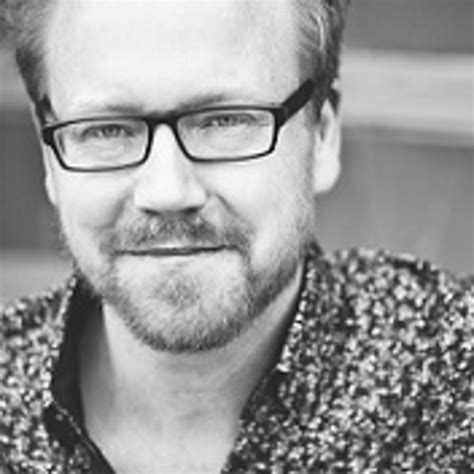A Quote by Kate Herron
Related Quotes
Comparing filmmaking to a plastic model, shooting is the process where you mold and color each piece, and editing is where you build a finished whole from the pieces you molded and colored. Obviously, the latter is the most enjoyable part in the making of plastic models, so editing is the process in filmmaking I enjoy the most. But at the same time, editing can be a painstaking task, too.
Separate out the creative act from the act of editing and execution. Make it a two-step process. First, let ideas flow and encourage EVERY idea to make it to the whiteboard. Don't criticize, judge, edit, budget, or worry. An idea on the wall can't hurt anyone, so let them rip without restriction. After any and all ideas have the opportunity to "come out to play", only then should you apply your analytical and logical side to the effort. Don't mix the creative process with the editing process or you'll kill your ideas before they even get a fighting chance.
Performance is made in the editing room, and I've come to see the truth in that - the idea that they say performances are usually made in the editing room because what you film is the raw material. I think just going through the process of saying, "Which take do we use? Why is that the take we want? I want that take can you edit again, I'm not sure that's the one, I think it's this one." And just because you go through that process, I think somehow it's made me sort of more open about the [actor's] possibilities.
I've always loved horror, I've always loved collecting, I've always loved weird and macabre things, and I've always loved conventions. So what could be better than having your own Fear FestEviL where all those great and crazy things can be enjoyed by like-minded people under one pretty cool roof? Nothing!
